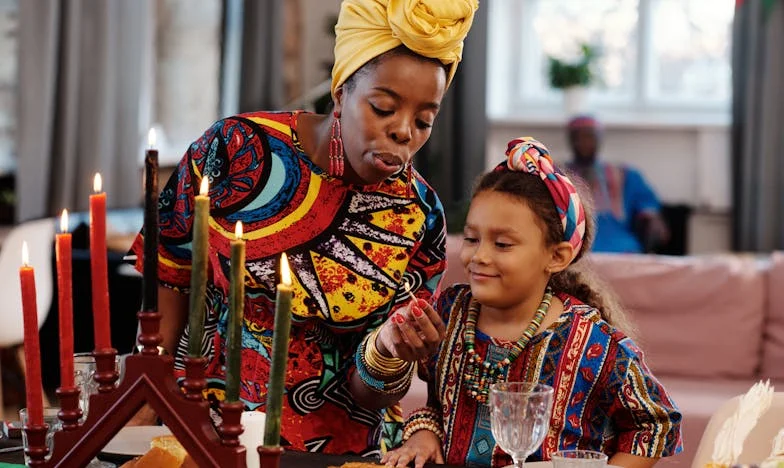When Sickness Briggers Unwanted Visits: A Daughter’s Dilemma
For the past few years, every time the cold season rolls around, so does a familiar scenario in Michelle’s life. Her mother, Ashley, who lives alone since the passing of Michelle’s father, has developed a habit that puts Michelle in a difficult position. The moment Ashley feels the slightest hint of illness, she packs her bags and makes her way to Michelle’s home, seeking comfort and care.
Michelle, a dedicated mother to her six-year-old son, Gavin, and a full-time marketing specialist, finds herself torn. On one hand, she understands her mother’s fear of being alone when feeling vulnerable. On the other, her small home and demanding job do not easily accommodate an additional person, especially one needing care and attention.
Ashley, in her early sixties, has always been a strong, independent woman. However, the loneliness of widowhood and the discomfort of illness have changed her. She seeks solace in being with her only daughter, Michelle, during these times. “I just can’t stand the thought of being all by myself when I’m sick,” Ashley often explains, her voice tinged with fear and sadness.
Michelle tries to be understanding. She remembers her childhood, how her mother would always be there with a warm bowl of soup and a comforting hug whenever she fell ill. Yet, the situation is far from simple. Gavin, a lively and curious child, has started school, and Michelle worries about the germs her mother might bring into their home. Moreover, the added responsibility of caring for her mother strains Michelle’s ability to balance her professional and personal life.
The situation reached a tipping point last winter. Ashley arrived at Michelle’s doorstep, coughing and wheezing, just as Gavin was recovering from the flu. Despite Michelle’s efforts to keep them apart and sanitize every surface, Gavin fell ill again, missing another week of school. This incident left Michelle feeling frustrated and exhausted, caught between her role as a daughter and as a mother.
Conversations about setting boundaries or finding alternative solutions, like hiring a home health aide for Ashley, have been met with resistance and hurt feelings. “You’re all I have, Michelle. I thought family was supposed to take care of each other,” Ashley would say, making Michelle feel guilty for even suggesting such ideas.
The cycle continued, with no easy resolution in sight. Michelle felt increasingly resentful, not just towards her mother, but towards the situation as a whole. She longed for a way to care for her mother without sacrificing her own family’s well-being, but the path forward remained unclear.
As the story closes, we find Michelle sitting quietly after putting Gavin to bed, pondering the complexity of her relationship with her mother. The love she has for Ashley is undeniable, but so is the toll it’s taking on her life. With no happy resolution, Michelle is left to navigate the murky waters of familial obligation and personal limits, hoping for a change but unsure of when or how it might come.
